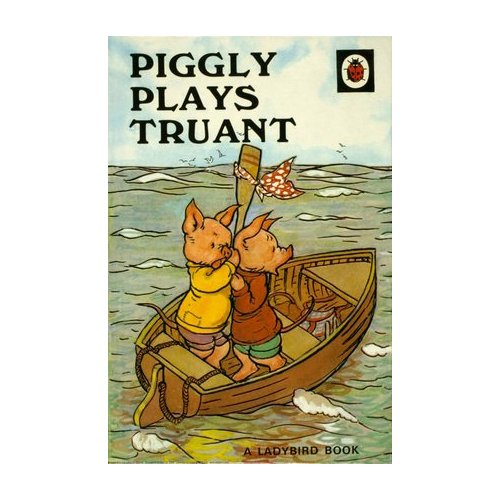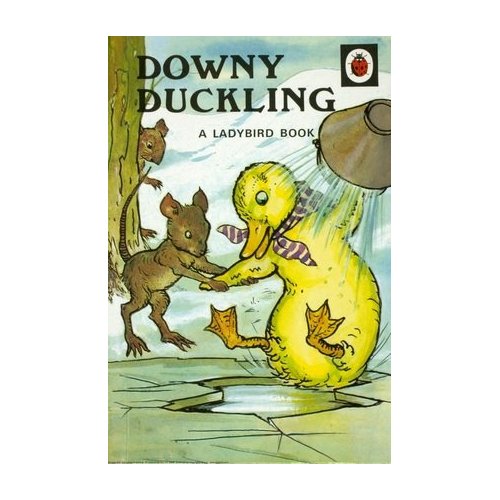Yglesias and Drum had a back-and-forth about the constitutionality, morals and manners of the filibuster. I think more hay should be made of the fact that ‘filibuster’ does not, as one might expect, derive from the name of some thoroughly American, corn-stuffed, long-winded Senator from a nigh-unpopulated state. (‘The Senate now recognizes the honorable Horatio Wheatbender Filibuster, from the great state of …’) No, as wikipedia explains: “The term filibuster was first used in 1851. It was derived from the Spanish filibustero meaning pirate or freebooter. This term had in turn evolved from the French word flibustier, which itself evolved from the Dutch vrijbuiter (freebooter). This term was applied at the time to American adventurers, mostly from Southern states, who sought to overthrow the governments of Central American states, and was transferred to the users of the filibuster, seen as a tactic for pirating or hijacking debate.”
I think it’s remarkable that the name basically derives from a word for a crime. So I think the thing to do is tar the Republicans as soft on piracy. Basically.
On the other hand, here are some further literary notes on the wanderings of this word. El Filibusterismo is a famous novel by José Rizal, a 19th Century literary hero of the Philippines.

Here’s another quote from Wikipedia. Rizal explains what it means.
Rizal had to define the word filibustero to his German friend Ferdinand Blumentritt, who did not understand his use of the word in Noli Me Tangere [Rizal’s first novel]. In a letter, Rizal explained: “The word filibustero is little known in the Philippines. The masses do not know it yet. I heard it for the first time in 1872 when the tragic executions (of the Gomburza) took place. I still remember the panic that this word created. Our father forbade us to utter it, as well as the words Cavite, Jose Burgos (one of the executed priests), etc. The Manila newspapers and the Spaniards apply this word to one whom they want to make a revolutionary suspect. The Filipinos belonging to the educated class fear the reach of the word. It does not have the meaning of freebooters; it rather means a dangerous patriot who will soon be hanged or well, a presumptuous man.” By the end of the nineteenth century, the word filibustero had acquired the meaning “subversive” in the Philippines, hence the book is about subversion.
This is subversion with a positive connotation. I am sure we can all agree that sometimes this or that existing political order needs a spot of undermining. Still, it is at least a mild paradox that, in the U.S. Senate, subversion – the filibuster – is, technically, part of the established order of things. (Like in that Powerpuff Girls episode, “Bought and Scold” in which Princess gets her dad to buy the whole town, then makes crime legal.) Ah well.
Now, on to self-promotion. As you may be aware I just published an intro to Plato book, which (joy of joys!) you can read and download for free here (free! free!) I mention this in part just to beat the point to death, but in part to inform you that – although apparently Reason & Persuasion: Three Dialogues by Plato went from not-yet-released to temporarily out-of-stock on Amazon, without pausing to be actually purchasable, they actually had 15 or so copies. They just all sold. More are on the way. (Hey, it’s not quite Harry Potter, but I do have friends and family y’know.) What I am saying is: if you buy it, it will come. Pretty soon, too. And there’s something else as well. I would like people to be able to adopt it for course use. My publisher is the Asian branch of Pearson, so – if you are in North America – you might think it’s just too much hassle to get that in your bookstore, if even Amazon can’t seem to manage it. Well, email me. I talked to my publisher about the situation. There are stacks of books. If people want them, there ought to be a way to swing it. (I know, that’s probably not you. Still, it would pain me if anyone out there actually wanted to buy my book but reasoned that it was trans-pacifically unavailable.)
went from not-yet-released to temporarily out-of-stock on Amazon, without pausing to be actually purchasable, they actually had 15 or so copies. They just all sold. More are on the way. (Hey, it’s not quite Harry Potter, but I do have friends and family y’know.) What I am saying is: if you buy it, it will come. Pretty soon, too. And there’s something else as well. I would like people to be able to adopt it for course use. My publisher is the Asian branch of Pearson, so – if you are in North America – you might think it’s just too much hassle to get that in your bookstore, if even Amazon can’t seem to manage it. Well, email me. I talked to my publisher about the situation. There are stacks of books. If people want them, there ought to be a way to swing it. (I know, that’s probably not you. Still, it would pain me if anyone out there actually wanted to buy my book but reasoned that it was trans-pacifically unavailable.)
In other self-promotion news: if Plato isn’t your cup of tea, then maybe you would like this J&B post about the sexy sexy fonts of Squid and Owl. I think fonts are very sexy.


